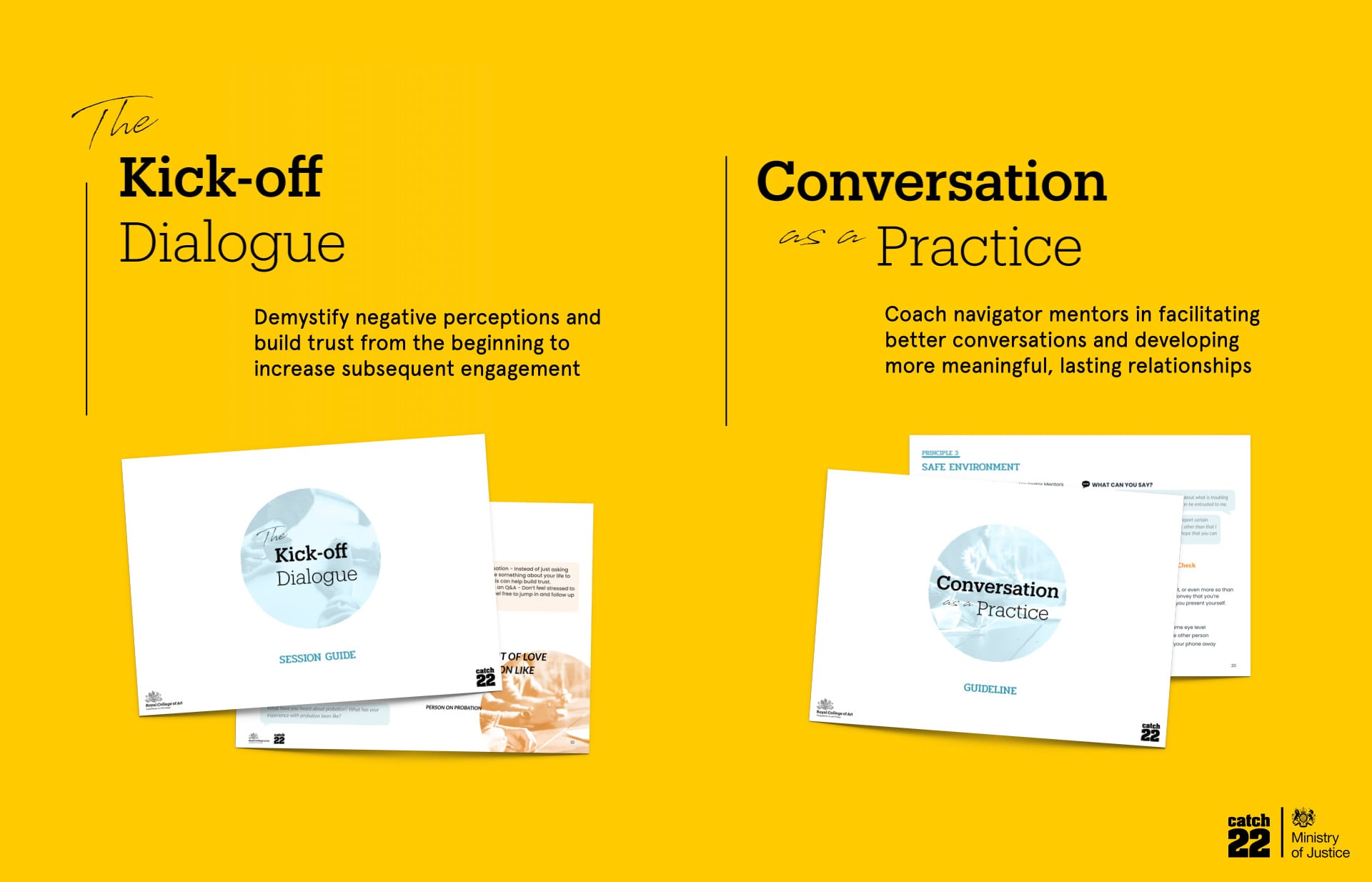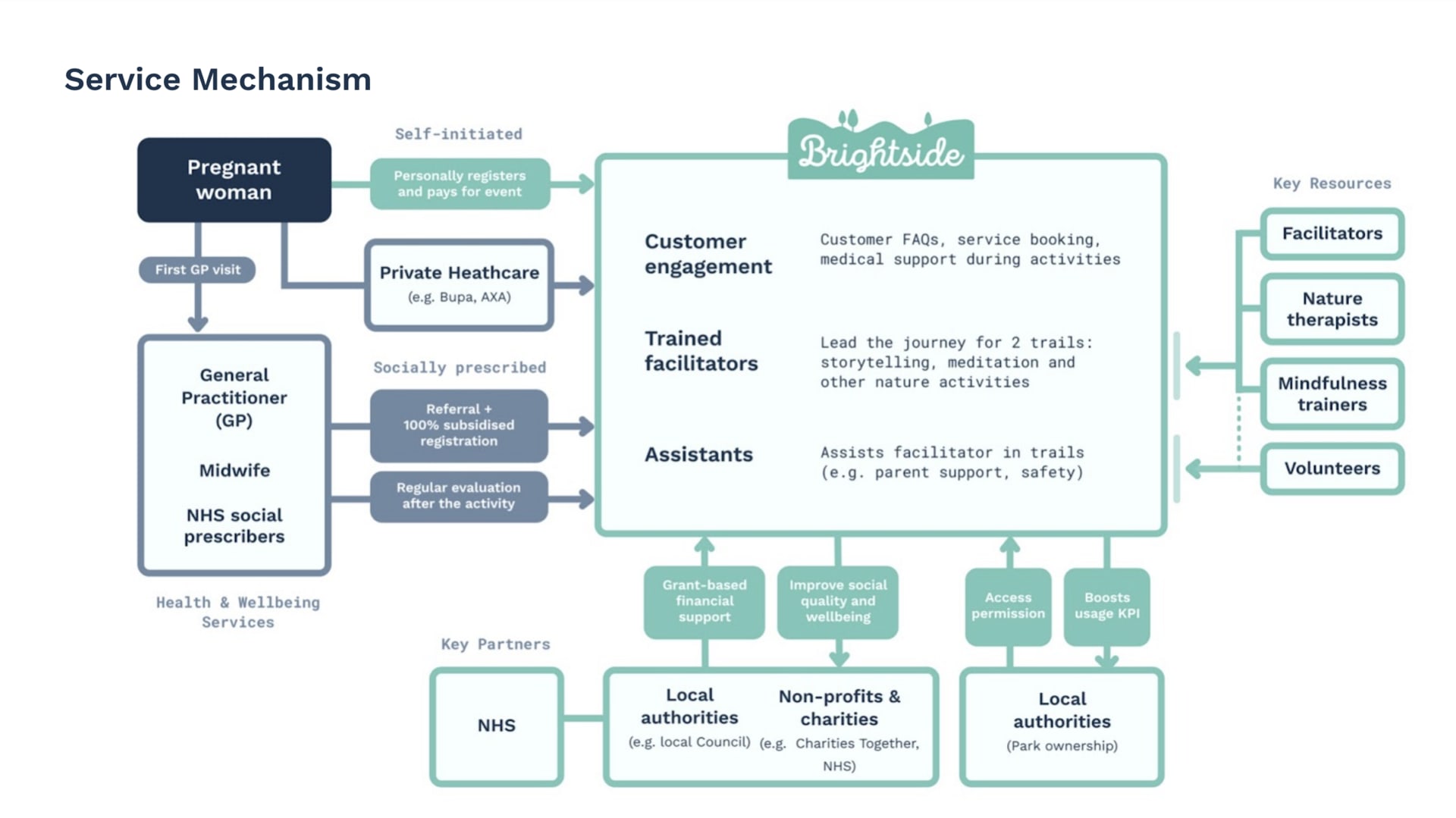"The only important thing about design is how it relates to people." ― Victor Papanek
I am multidisciplinary designer on a mission to create better futures through collaborative design. Prior to pursuing a master's in Service Design at the Royal College of Art, I was a product designer at DBS Bank involved in designing multichannel digital experiences for consumer banking customers.
No BS and passionate about root-cause problem-solving and bringing people together, I believe in the value of diversity, unity and camaraderie. ✨
I also believe that as designers it is not enough to simply understand our users. Instead, it is through acknowledging the interconnectedness of life and understanding how organisations and people work within context to their environment that enables designers to better solution for, communicate and create value in society.
Topics of interest: service design, design ops, organisational design, emotional agility, urban mobility
Education
MA Service Design - Royal College of Art, London
BA (Hons) Design Communication - LASALLE College of the Arts, Singapore
Dipl. in Mass Communication - Ngee Ann Polytechnic, Singapore
Recent Awards & Features
2021: Featured by DesignSingapore Council (link)
2020: Awarded the DesignSingapore Council Scholarship (link)
2019: Featured in Humans of DBS Bank (link)










